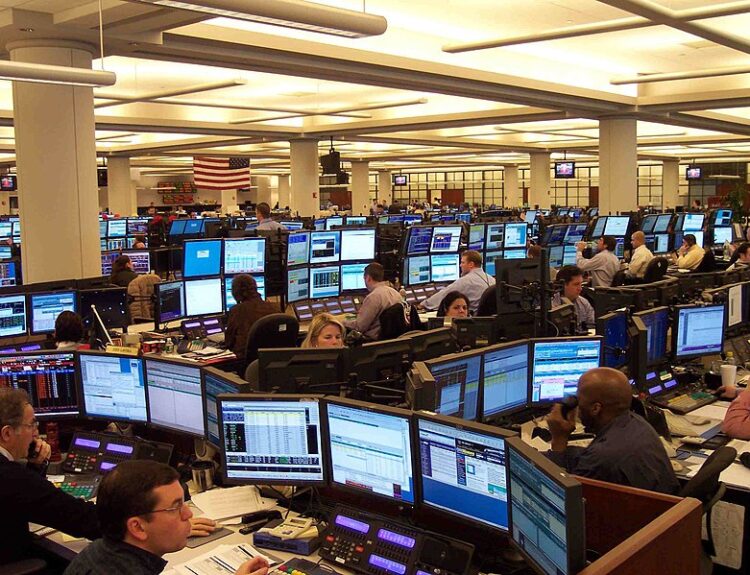Reports of laborers from Xinjiang being forced to work in processing facilities
- U.S. lawmakers call for crackdown on China’s use of forced labor in seafood production
- Laborers from Xinjiang region being forced to work in processing facilities elsewhere
- Lawmakers urge immediate action to ensure seafood supply chains are forced labor-free
- China is the world’s largest seafood producer and heavily reliant on forced labor
- Pressure for action on supply chain links to China amid focus on Xinjiang human rights abuses
Factuality Level: 8
Justification: The article provides information about U.S. lawmakers urging the Biden administration to crack down on China’s use of forced labor in seafood production. It mentions investigations by The Outlaw Ocean Project that reported allegations of forced laborers being transferred from Xinjiang to seafood-processing facilities in other parts of China. The article also includes statements from lawmakers and a representative for the Chinese embassy. Overall, the article presents factual information and includes multiple sources to support its claims.
Noise Level: 7
Justification: The article provides information on U.S. lawmakers urging the Biden administration to crack down on China’s use of forced labor in seafood production. It mentions the investigative journalism group’s findings and the lawmakers’ letter to the Department of Homeland Security Secretary. The article also includes statements from the Chinese embassy and provides statistics on China’s seafood production. However, it lacks in-depth analysis, scientific rigor, and actionable insights. It stays on topic but does not provide evidence or examples to support its claims. Overall, the article contains relevant information but lacks depth and substance.
Financial Relevance: Yes
Financial Markets Impacted: The article does not provide specific information about financial markets or companies impacted.
Presence of Extreme Event: No
Nature of Extreme Event: No
Impact Rating of the Extreme Event: No
Justification: The article discusses the call by U.S. lawmakers to crack down on China’s use of forced labor in seafood production. While this is a significant human rights issue, it does not describe an extreme event or have direct financial implications.
Public Companies:
Private Companies: undefined
Key People: Chris Smith (Rep. (R., N.J)), Jeff Merkley (Sen. (D., Ore.)), Alejandro Mayorkas (Department of Homeland Security Secretary), Ian Urbina (Founder of Outlaw Ocean), Thea Lee (Deputy Undersecretary for International Affairs at the Labor Department), Richard Vanderford (Author of the article)
U.S. lawmakers are urging the Biden administration to take action against China’s use of forced labor in the seafood industry. They cited reports of laborers from China’s Xinjiang region being forced to work in processing facilities elsewhere in the country. The lawmakers are calling for the administration to block imports from seafood-processing facilities that violate U.S. laws targeting forced labor in Xinjiang. They also want the U.S. to block seafood imports tied to North Korean forced labor. The pressure for action comes as there is increasing focus on supply chain links to China and the human rights abuses in Xinjiang. China is the world’s largest seafood producer and heavily relies on forced labor in the industry.



